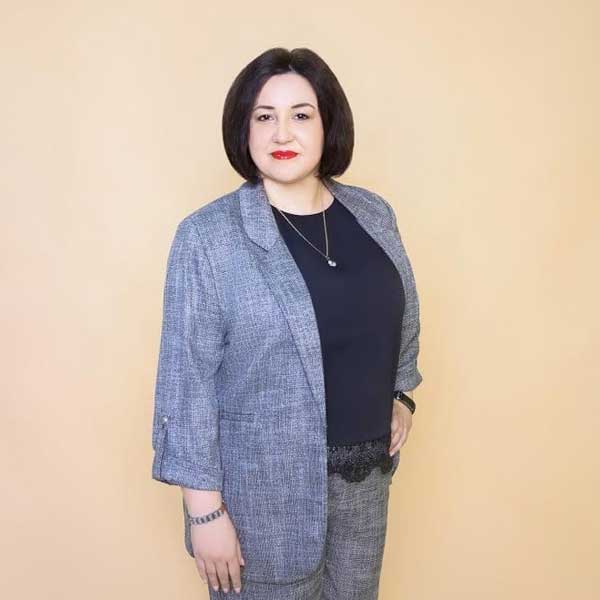WINS is thrilled to welcome Nataliia Klos to the WINS team for a period of three months as a Research Fellow to study the impact of disinformation in the nuclear field.
She is currently the Coordinator at the Black Sea Women in Nuclear Network and has 16 years of experience working as Chief Specialist at Ukraine’s Ministry of Energy. Nataliia is a nuclear security expert with 19 years of experience in physical protection, including at the IAEA, the State Nuclear Regulatory Inspectorate of Ukraine, the Ministry of Energy of Ukraine and the Ministry of Internal Affairs of Ukraine. She holds a Master’s degree in Nuclear Security and Public Administration and completed a fellowship programme at the James Martin Center for Nonproliferation Studies.
Following Nataliia’s appointment at WINS, we sat down with her in an interview to get to know her better. Continue reading to learn more about Nataliia:
When were you first introduced to WINS’ work?
The first time I was introduced to WINS was while I was working at the Ministry of Energy of Ukraine in 2011 when I took part in the WINS workshop on Human Reliability in Nuclear Security. It was an interesting, new experience that was different from IAEA events. There was a discussion of practical issues by experts who provided real-life examples, not only from the nuclear sphere, which gave a broader vision of the issue.
How has your professional experience led you to study disinformation in the nuclear field?
Professionally, I am focused on information security as one of the foundations of nuclear security. The less offenders know about the security measures of a particular facility, the greater its protection.
When the full-scale invasion of the Russian Federation in Ukraine began, the amount of disinformation increased, especially in the nuclear sphere. Russia has committed an armed attack on peaceful nuclear facilities, and their propaganda machine has been in full force to justify all violations of international law and nuclear safety and security requirements by Russia.
Disinformation has become a new threat to the international non-proliferation and nuclear security regime, justifying the actions of the invaders and shaping the acceptability of the fact that it is possible to attack a nuclear power plant with heavy weapons.
In addition, today I am a representative of civil society, and I have the opportunity to see how this information affects ordinary citizens. I would like to help them understand the complex issues in our field and, if possible, reduce the panic of the population.
What are you hoping to gain during your time at WINS?
Having worked for about 20 years in public administration, I am now starting a new chapter in my life as an independent expert and civil society representative, coordinating the Black Sea Women in Nuclear Network.
The nuclear sphere is a narrow field of activity, and if we talk about nuclear security, it is an even narrower field.
First, joining WINS is like returning to a professional family of experts with the same view of issues and problems. Secondly, WINS has many years of successful experience in project work as an NGO, and we would like to learn from this experience.
Despite many years of experience, there is always room to grow and develop, and I am lucky to have Rhonda Evans as a mentor, who is a leading expert in nuclear security, gender and other issues.
I am grateful to the WINS team for their warm welcome and assistance in countering disinformation in the nuclear sphere.
